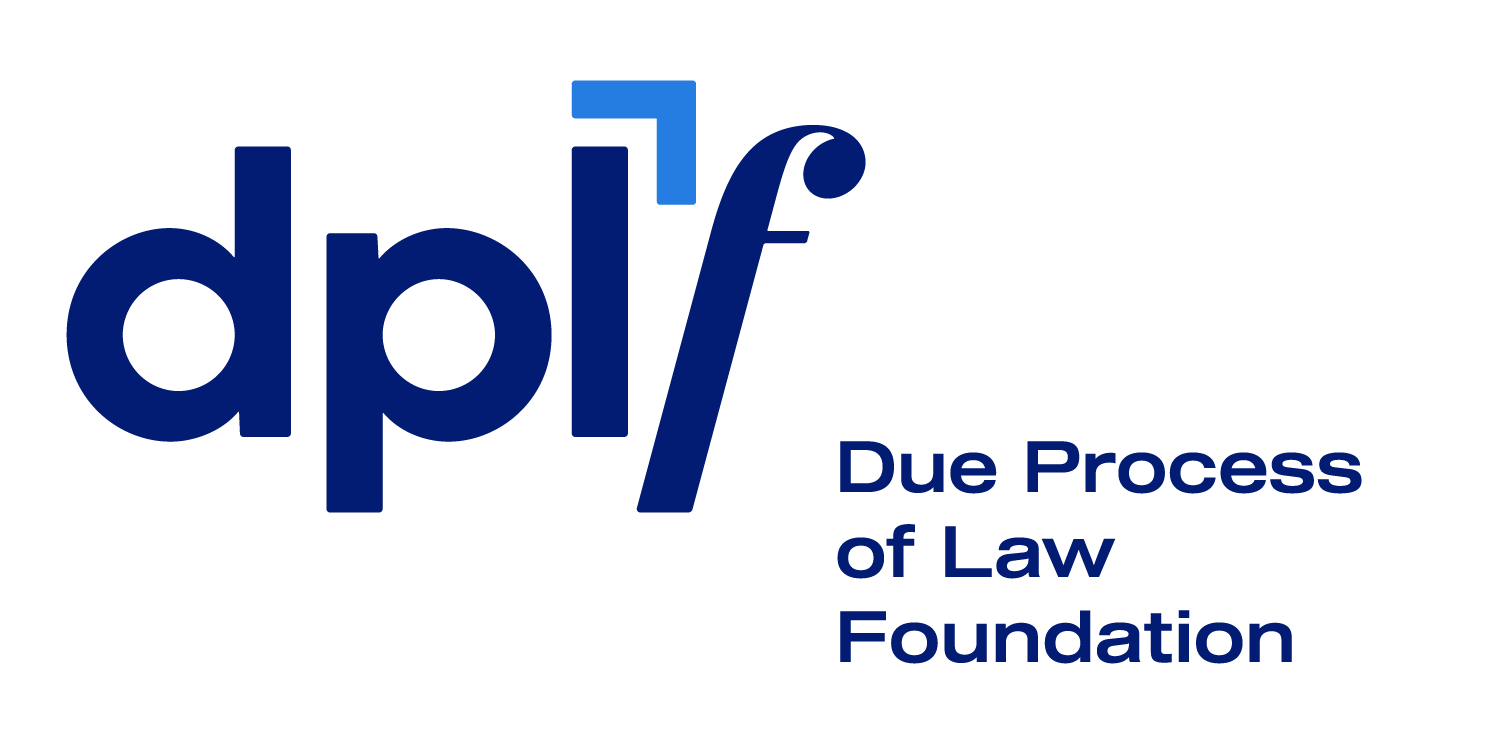On March 23, 2010, DPLF and the Alianza Ciudadana Pro Justicia had a hearing before the Inter-American Commission on Human Rights about the administration of justice in Panama.
The Alianza Ciudadana Pro Justicia and its 20 member organizations have done extensive work in the field of justice reforms throughout the years, and DPLF has published studies about the judicial system in Panama in 2007 (An Evaluation of Judicial Corruption in Panama and the Mechanisms to Combat it [executive summary and comparative report]) and 2009 (Between Alarm and Expectations: the challenge of strengthening judicial independence in Panama[executive summary]), and carried out a mission to the country addressing concerns about the selection of Supreme Court justices in 2009.
DPLF and Alianza Ciudadana Pro Justicia’s main concerns regarding the administration of justice in Panama are:
- The interferences of the Executive branch in the Judiciary and the Public Ministry;
- The failure to propose or implement the necessary reforms to guarantee a swift and impartial administration of justice:
- By failing to adapt the small claims court system (Justicia Administrativa de Policía) to international standards of due process – a recommendation of the Inter-American Commission on Human Rights since 1977;
- By postponing the implementation of judicial reforms to move towards an accusatorial criminal law system;
- By failing to implement the reformed Law on Judicial Career (Ley de Carrera Judicial) – and the opening of 43 vacancies for judges under the old and obsolete regime;
- The failure to guarantee a transparent and participatory selection process of Supreme Court justices.
Moreover, the hostile attitude of the Executive branch towards civil society organizations, accompanied by personalized attacks directed at certain leaders of these organizations, is extremely worrying.
